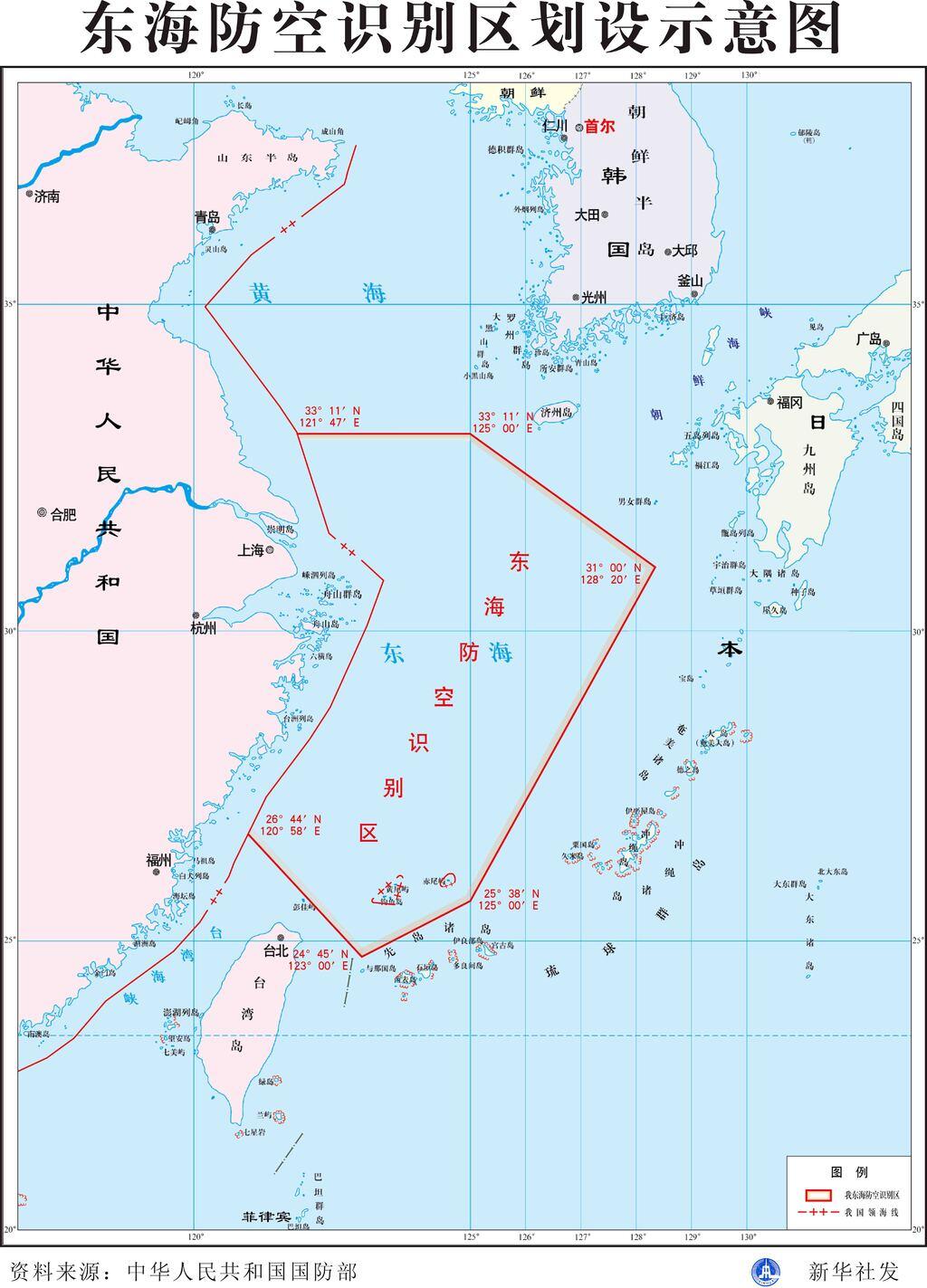So, with folks invoking poker when discussing Karzai's positioning on the bilateral security agreement, I thought I would provide some poker tips. To be clear, I am not an expert--my time playing online has diminished and my days of regular payouts have ended (I guess I had been beating more Americans than others in the old pokerstars games before they got kicked off).
Still, some basics can go a long way:
- Does the other player have a record of bluffing? If you have seen the other player display poor cards or back down when their bluffs are re-raised, then they may be bluffing again. However, when Iraqi politicians showed no willingness to give Americans immunity, the US had no problem signing a Status of Forces Agreement that had a built-in departure scheduled.
- The stakes. While in poker, both sides might have to throw in the same amount of chips (which is where this analogy really falls apart--since the US commitment is far less than the Afghan), the size of the pot relative to the size of the chip stacks matters. That is, what is at stake in Afghanistan compared to what are the larger stakes for the players? For the US, what is at stake in Afghanistan is tiny compared to its entire set of concerns and political capital. For Afghanistan, this particular hand is ... damned near everything. If the US leaves, that changes everything in Afghanistan since the US and its allies will not continue to fund the Afghan government, including its army, if it leaves. So, if Karzai re-raises the American bet, he and his country can lose everything. Which explains why nearly everyone else in the political and social scene, including folks Karzai appointed, are asking Karzai to sign the agreement.
- Where in the game are we? Has the game just started or are we near the end? A friend raises the possibility on twitter that one side might be acting like a fish (a lousy player) in order to get the other side to overplay their hand later. Well, in this case, we are much closer to the end than the beginning. So, Karzai and the US cannot really play the game today in a way that will alter their reputation tomorrow. It is this hand that matters. Karzai is out of power (sort of or entirely) after the election, and the US is phasing out either slow or fast. So, this hand is not being played for the long game.
- The cards matter just a bit. The behavior during the hand should tell you a bit about what kind of cards the other side has. Is the US likely to have a weak hand here, that it is overplaying via a bluff? Could the US actually have "leaving" as one of the cards in its hand that would trump pretty much any hand that Karzai could have? Um, yeah.
- If we move towards the signaling dynamics, with the US and Karzai having other audiences for other games, then, well, damn, the US is pretty convincing. While Karzai may be trying to deflect responsibility for the agreement, the US has sent very strong signals not just for this game but for the broader community of observers that it is ready to walk if this agreement is not signed. Yes, the US could walk back its threats. But the US has many other poker games to play, so developing a reputation here as a bluffer who backs down has costs beyond Afghanistan.
and yes, of course, this is the song that Karzai should be listening to:






